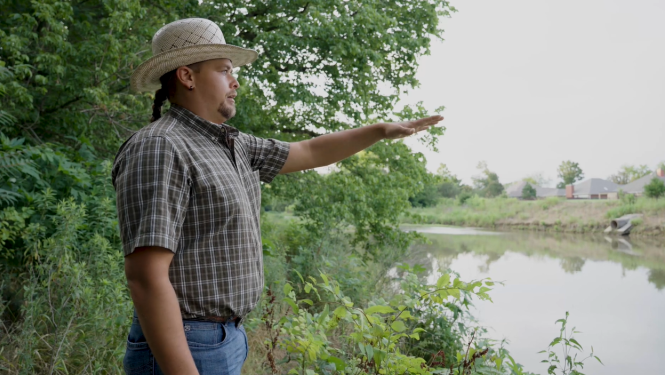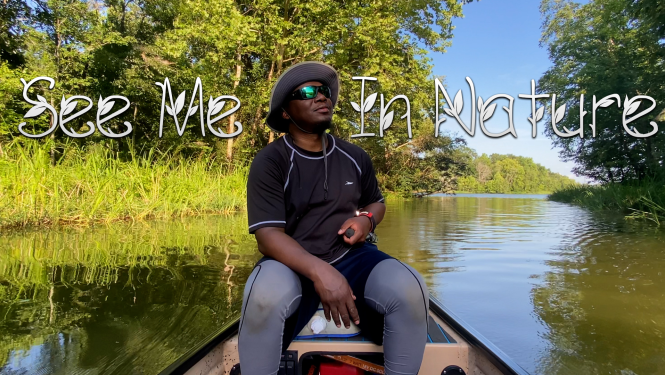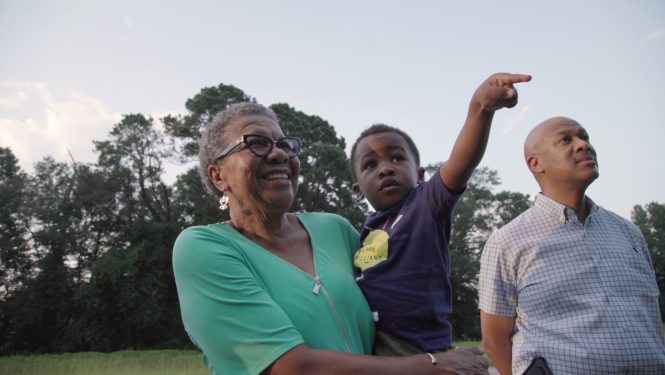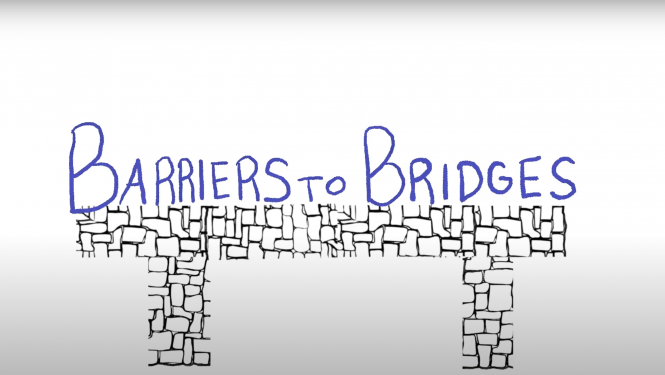
Sherry Bradley and Perman Hardy met on an ordinary Friday afternoon. Amid national and international media recognition of the egregious sanitation and health challenges facing counties across the Black Belt, they helped create an extraordinary consortium of community members, academic institutions, nonprofits, and government agencies dedicated to finding practical solutions for wastewater issues throughout the Black Belt in Alabama.
The Black Belt Unincorporated Wastewater Project, UAB Sanitation Health and Equity program and other members of the Alabama Rural Water and Wastewater Management Consortium, are utilizing historic state and federal infrastructure funding to implement real solutions on the ground, transforming communities through education and bringing justice to areas that have long been overlooked and underserved for these basic needs.
Directed by Astrid Malter.

"We are our ancestor’s wildest dreams, and we are still here".
Some Indigenous people were never forced to leave what is now known as Alabama, and many across the continent are still intimately connected to their sacred homelands. Meet three Indigenous people who are answering their ancestor’s prayers to reclaim traditional lifeways, protect the environment, and teach us all how to better our relationships with the natural world and Native Nations.
Directed by Quinn C. Smith.

Meet a few of Alabama’s Black environmental leaders, activists, and historians who are currently shaping their community and providing long overdue awareness of the roots of the work.
Directed by Asia Singleton.

Untold-until-now stories of the three families who risked their lives by opening up their land to provide campsites for the thousands of marchers along the 54 mile route from Selma to Montgomery in 1965. The Halls, Steeles and Gardners share for the first time what their parents and grandparents sacrificed and how their families’ legacies and this historic land can be preserved for generations to come. Directed by Claire Haughey.

Critical to the environment, public health, and quality of life, wastewater infrastructure in Alabama - and throughout the country - suffers from decades of lack of investment and racial discrimination, and is increasingly threatened by the changing climate.
Directed by Sarah Franke.

There has never been a more important time for all people to be able to participate in the environmental movement. From the impacts of climate change to the need to spend more time outdoors, our health and our quality of life depends on it. Yet many barriers keep BIPOC (Black, Indigenous and People of Color) from feeling included in this movement. This film explores the ways in which organizations in Alabama are doing the necessary and critical work to make sure BIPOC are included. Through the lens of community science, individuals share their struggles to be included and organizations share their challenges and successes with creating more inclusive programs and opportunities. Directed by Robin Crane.